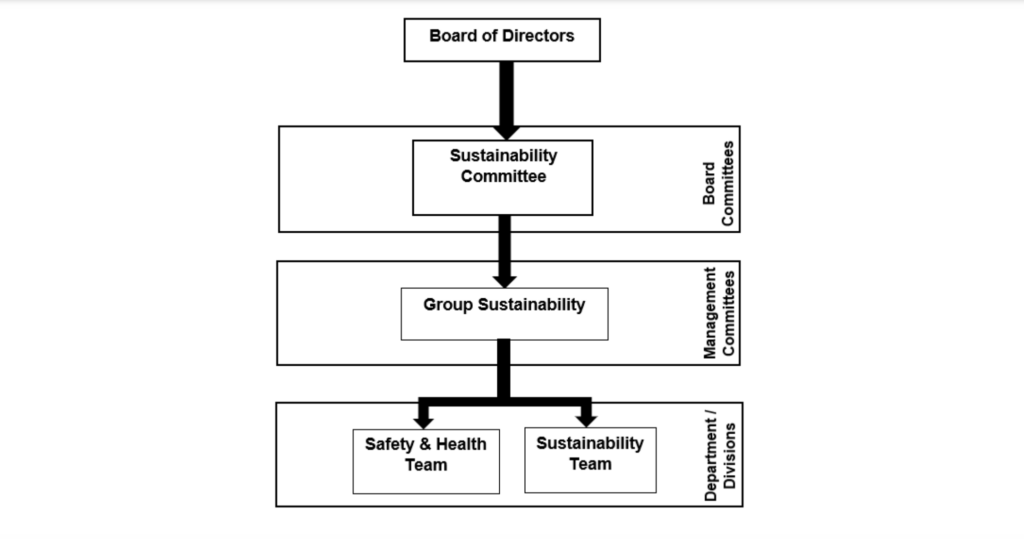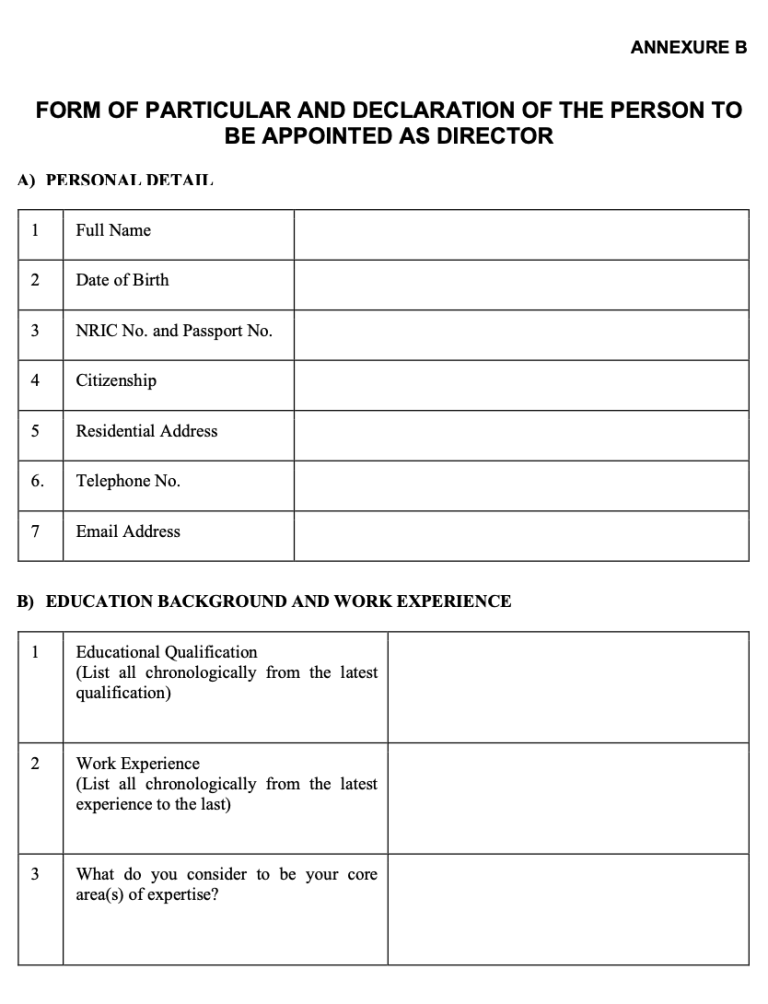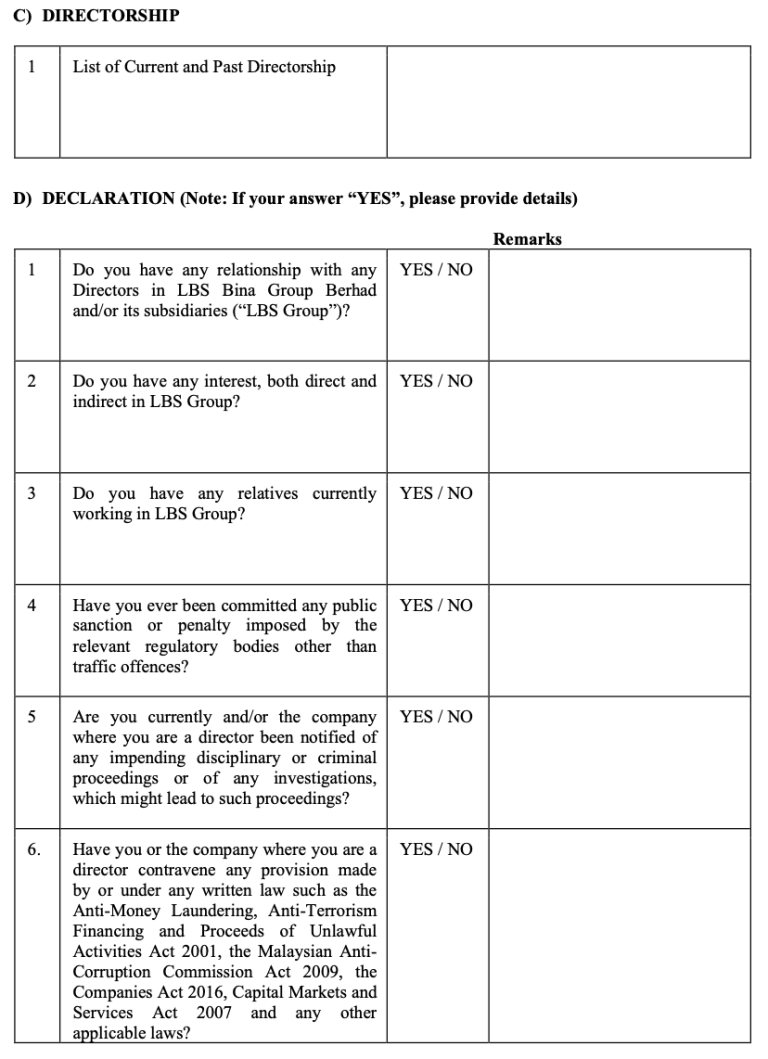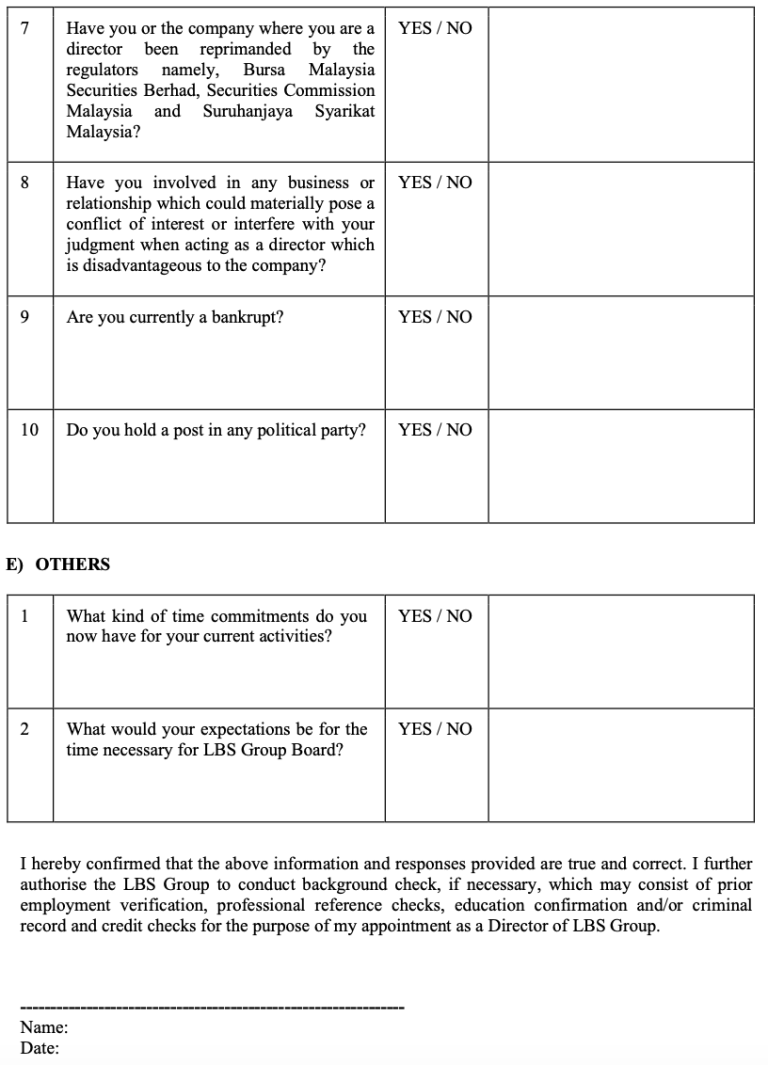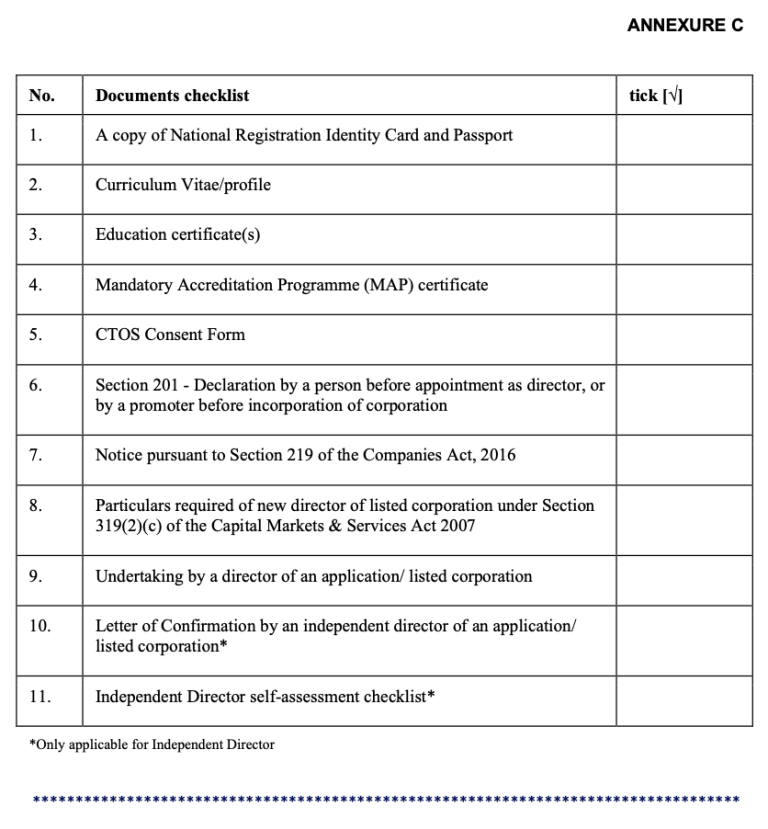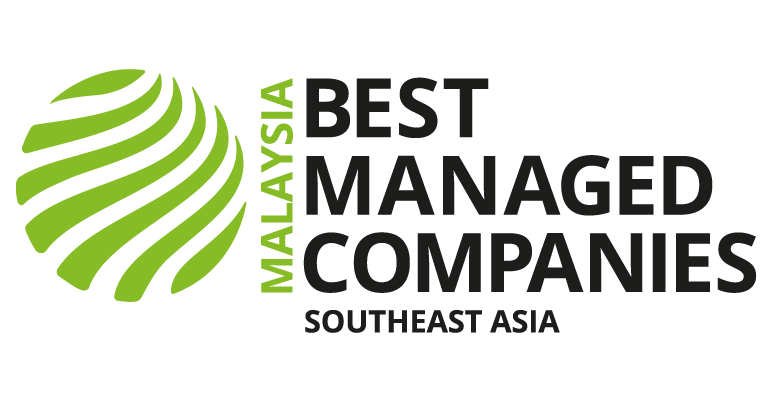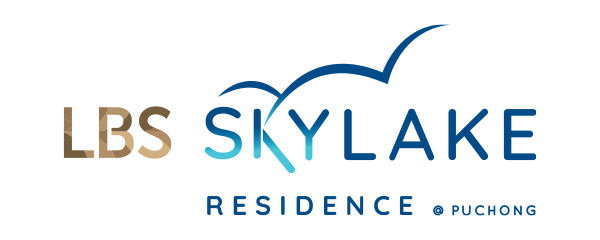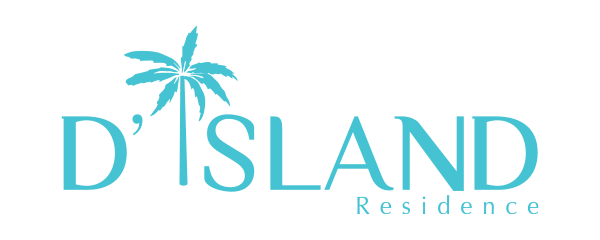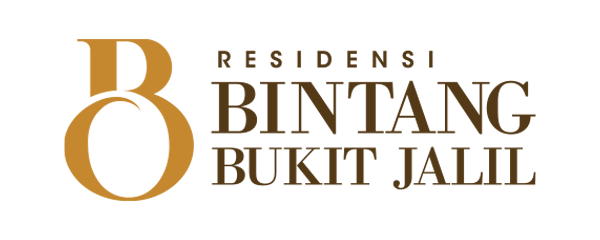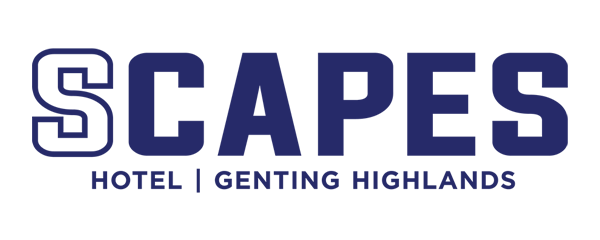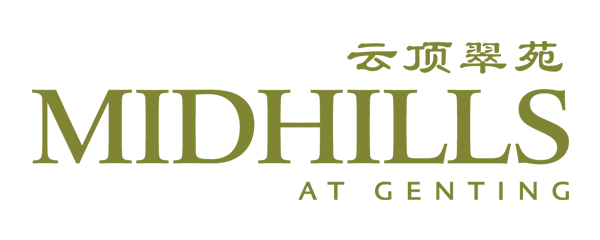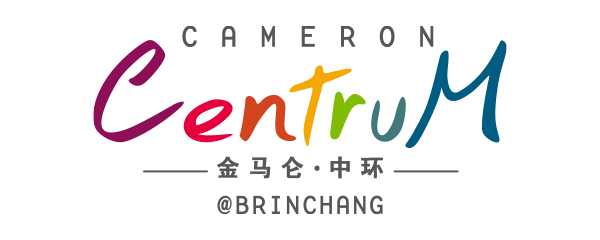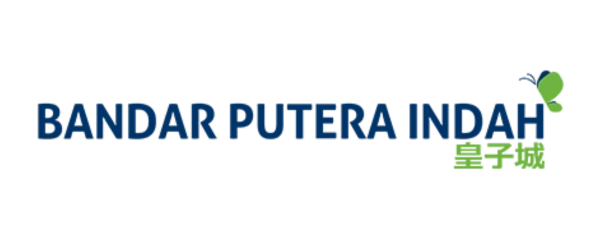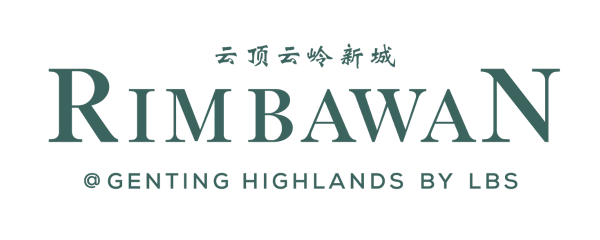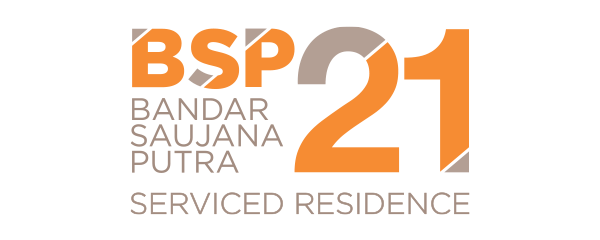Corporate Disclosure Policy
Erfan Sakib
on
December 16, 2024
1. INTRODUCTION
a) LBS Bina Group Berhad (“LBGB” or “Company”) is committed in maintaining transparent and effective communication with all external parties, including shareholders, investors, analysts, media, regulatory authorities, purchasers and other stakeholders (“Stakeholders“). The Company’s disclosure practices are guided by the principle of providing timely, accurate, fair and easily comprehensible information related to management policies, business strategies and financial performance.
b) Employees of LBGB and its subsidiaries’ (“LBGB Group”) are prohibited from disclosing or commenting on any information regarding the LBGB Group that is not publicly available or disclosed to the market, unless specifically authorised to do so in accordance to the Company’s Corporate Disclosure Policy (“Policy”).
2. OBJECTIVE
The objectives of this Policy are among others to:
a) to ensure that sensitive and/or non-public information are safeguarded and shared only in accordance with the appropriate procedures and regulations, maintaining the integrity and confidentiality of the LBGB Group’s operations and market position;
b) provide guidance to the Board of Directors, management and employees of LBGB Group on the Company’s disclosure requirements and practices;
c) provide guidance and policies in disseminating corporate information to, and in dealing with Stakeholders;
d) to reinforce LBGB’s commitment to comply with the continuous disclosure obligations imposed by Malaysian securities laws and regulations; and ;
e) develop and maintain a positive relationship with Stakeholders through active two-way communication to promote and maintain market integrity and investor confidence.
3. SCOPE
This Policy applies to all Directors, employees and other individuals affiliated with the LBGB Group.
3. DISCLOSURE PRINCIPLES
a) LBGB Group implements timely and appropriate information disclosures in accordance with relevant laws, regulations and the Listing Requirements of Bursa Malaysia Securities Berhad (“Bursa Malaysia”), and is committed to equality among all market participants for accessibility to material information that may influence investment decisions.
b) All information disclosure shall be planned and executed in line with LBGB’s vision, mission and strategic objectives, and shall follow the following criteria:
Clarity and Reliability: Information shall be accurate, clear and straightforward.
Transparency: Information shall be open and transparent. Decision regarding not to comment on or not to share information must be based on legitimate business and/or legal concerns.
Speed: Information disclosure shall be timely.
Consistency: Information about LBGB Group shall be consistent, in line with a “one company, one voice” approach and the consistent promotion of LBGB’s brand and image.
Language: The principal language used is English. Other languages may be used as and when necessary.
5. AUTHORISED SPOKESPERSONS
The Authorised Spokespersons for the LBGB Group are Group Executive Chairman, Group Managing Director/Chief Executive Officer, Executive Directors, Deputy Chief Executive Officer and who has the authority to nominate other officers who maybe
authorised as the spokesperson.
The Authorised Spokespersons in response to the specific enquiries from the public, shall not disclose material information that has not been previously made public.
If authorised officers other than Authorised Spokepersons have any ambiguity about the appropriateness of supplying information to an external party, the Authorised Spokespersons should be contacted for advice.
6. DISCLOSURE TO STAKEHOLDERS
a) Announcement to Bursa Malaysia
Any material information related to the LBGB Group will be immediate disclosed through an announcement to Bursa Malaysia. If necessary, a subsequent press release may be issued to the media for material and complex announcements to facilitate better understanding by the investing community.
Material information refers to any information concerning LBGB Group which is reasonably expected to have a material effect on:
i) the market price or value of the Company’s securities; or activity in the trading of its securities; or
ii) the decision to buy, sell or continue holding the Company’s securities which is made by an existing holder of those securities, or someone considering an investment in those securities.
b) Integrated Annual Report (“IAR”) and Sustainability Report (“SR”)
The IAR and SR provide stakeholders with the comprehensive information about the Company’s performance and business activities.
The IAR and SR are submitted to the Bursa Malaysia and are also made available on the Company’s website. Both shall be published in printed and/or electronic form and distributed to shareholders in accordance with the rules of Bursa Malaysia.
c) General Meetings of shareholders
The Company shall conduct the general meetings of shareholders to provide a platform for Directors and senior management to engage with the shareholders to facilitate greater understanding on the company’s business, governance and performance.
d) Website, press release and digital media
The Corporate Communication, Media & Digital Department shall oversee the management of the Company’s website, press releases and digital media platforms. Press Release will be disseminated to various media organisations and publications to ensure broad visibility and effective communication.
The Authorised Spokespersons may engage with journalists individually or in small groups through various communication modes, including one-on-one meetings, email inquiries and site visits.
e) Investors and analysts
The Authorised Spokespersons will periodically conduct briefing with presentation for investors and analysts on quarterly and year-end results, and other major corporate exercises. Information provided by Investor Relations Department to obtain information that supplements the information which has been made available by the Company must be approved for dissemination by the Authorised Spokespersons.
7. PREVENTION OF INFORMATION LEAKS
To prevent information leaks, LBGB Group’s employees shall act according to the following guidance:
a) for confidential information, all persons involved, both internal staff or advisor/consultant engaged, must be explicitly informed about the importance of maintaining confidentiality; and
b) it is the responsibility of every employee handling confidential information to safeguard the security of that information and to take all actions necessary to prevent leakage.
8. UNUSUAL MARKET ACTIVITY
LBGB does not comment on rumours or speculation, unless obliged to do so in compliance with the Listing Requirements. If Bursa Malaysia requests clarification, the Company will make the requisite announcement.
LBGB shall carry out an enquiry to ascertain the cause of any unusual market activity in its securities. In the case of any misinterpretations, clarification shall be provided via the
appropriate channels to Bursa Malaysia.
9. PROMOTIONAL DISCLOSURE ACTIVITY
LBGB shall not participate in any form of promotional disclosure activity that may mislead its investors or cause unwarranted price movement and activity in its securities.
10. INSIDERS AND TRADING IN LBGB’S SECURITIES
Insiders are all persons who have access to material and/or price sensitive information about LBGB Group and its operations which is not known to the public. Any person who possesses insider knowledge of undisclosed material information, is prohibited from trading in LBGB Group’s securities until after the information has been publicly disclosed.
The provisions of the Listing Requirements, Capital Market Services Act 2007 and other relevant rules, regulations and act apply to all insiders.
11. REVIEW OF POLICY
This Policy has been approved by the Board and is made available for reference in LBGB’s corporate website and internal computer network system.
This Policy shall be reviewed by the Board once in every two years and updated whenever necessary to ensure its effective implementation. Any subsequent amendments to the Policy should be approved by the Board.


